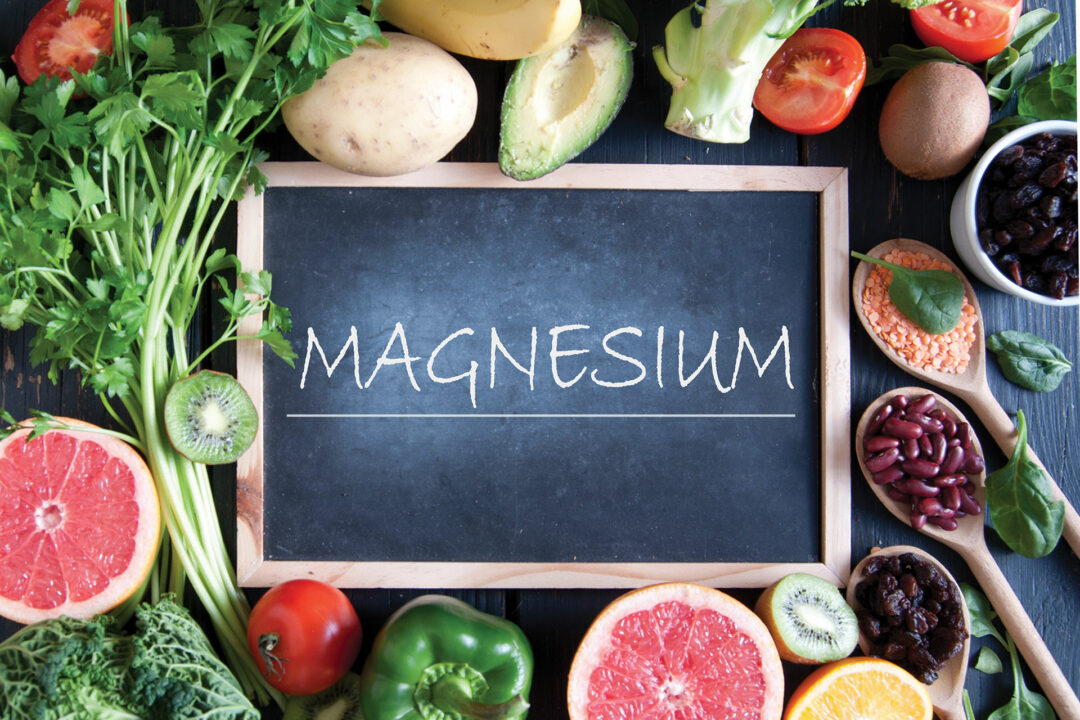This decision is in response to a health claim petition submitted on behalf of The Center for Magnesium Education and Research LLC on October 4, 2016. The petition requested that FDA authorize a health claim regarding the relationship between magnesium consumption and reduced risk of high blood pressure. After reviewing the petition and the evidence, FDA has authorized the following claims:
- “Inconsistent and inconclusive scientific evidence suggests that diets with adequate magnesium may reduce the risk of high blood pressure (hypertension), a condition associated with many factors.”
- “Consuming diets with adequate magnesium may reduce the risk of high blood pressure (hypertension). However, the FDA has concluded that the evidence is inconsistent and inconclusive.”
- “Some scientific evidence suggests that diets with adequate magnesium may reduce the risk of high blood pressure (hypertension), a condition associated with many factors. The FDA has concluded that the scientific evidence supporting this claim is inconsistent and not conclusive.”
- The product must contain enough magnesium to have an effect. In this case, FDA has established that products must contain 20% or more of the daily value for magnesium, which works out to 84mg magnesium per serving.
- The product must contain levels of magnesium that are safe to consume. Magnesium can cause adverse effects when ingested in sources other than conventional foods; FDA has determined that a Tolerable Upper Level Intake for magnesium is 350mg/day from supplements. Therefore, the product can contain no more than 350mg per serving.
- The product must be low-sodium. Diets high in sodium are associated with high blood pressure—sodium attracts water, so a high-sodium diet draws water into the bloodstream, which can increase the volume of blood and thereby increase blood pressure. Therefore, a food needs to contain less than 140mg of sodium per serving. In cases where a serving is 30g or 2 tablespoons or less, the food must contain less than 140mg of sodium per 50g.
- The product must not exceed any disqualifying nutrient levels for total fat, saturated fat, cholesterol, or sodium. The exception: Tree nuts contain approximately 20% of the DV of magnesium per serving, but exceed the total fat disqualifying nutrient level. FDA feels that, as nuts are nutrient-dense foods, tree nuts are allowed to carry the magnesium health claim for low blood pressure.
- Conventional food products must contain, prior to any nutrient addition, at least 10% of the DV of vitamin A, vitamin C, iron, calcium, protein, and fiber. FDA will also exercise its enforcement discretion if the food contains 10% of the DV per serving for vitamin D or potassium. This requirement does not apply to dietary supplements.
Related: Concept to Claim: An abbreviated guide for dietary supplement brands Study: Yogurt Associated with Lower Blood Pressure for Some CRN Responds to FDA’s Tentative Response Regarding CRN’s NAC Petition
The Council for Responsible Nutrition (CRN) applauded the decision, noting that the original petition was sponsored in part by CRN. Andrea Wong, Ph.D.,Senior Vice President of Scientific and Regulatory Affairs, commented in a press release: “We are pleased FDA recognizes the role of magnesium in reducing the risk of hypertension in addition to this essential nutrient’s many other functions in the body. CRN’s contribution to the petition is an example of our continued commitment to scientific research to advance regulatory and nutrition policy change.”








